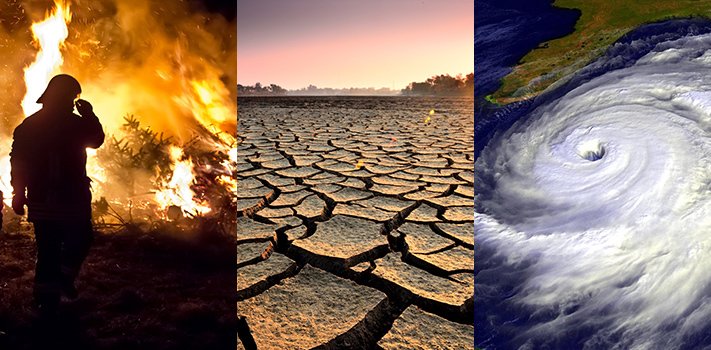
Credit: Matthew S. Urdan/Twitter
On 21 July 2016, I posted:
“June 2016 was the 14th consecutive month of record heat for the globe. Fourteen consecutive record hot months is, in itself, a record.”1
Make that 15:
“
July 2016 was world's hottest month since records began, says NASA
https://www.theguardian.com/environment/2016/aug/16/july-2016-was-worlds-hottest-month-since-records-began-says-nasa
July 2016 was the hottest says NOAA
http://www.ktts.com/storm-shield/storm-shield-featured/july-2016-was-the-hottest-month-ever
__________
1 hhg2tech: "2014 was the hottest year on record – until 2015", http://hhg2tech.blogspot.com/2016/07/2014-was-hottest-year-on-record-until.html / First half 2016 blows away temp records record hot June 2016 will be the hottest year on record globally data released running average global temperatures during 2016 monthly numbers from NASA National Oceanic and Atmospheric Administration NOAA planet on track surpass 2015 hottest on record 2016 blown that out of the water Gavin Schmidt director NASA’s Goddard Institute for Space Studies 2016 boost exceptionally strong El Niño record temps excess heat built up in Earth’s atmosphere accumulating greenhouse gases heat raising global sea levels disrupting ecosystems more extreme weather events every month this year has been record warm globally among the first ever recorded exceed 1°C 1.8°F above average NASA NOAA all six months of the year so far exceeded that remarkable benchmark compared to preindustrial temperatures El Niño temperature departures record-high levels June above 20th century average NOAA above 1951-1980 average NASA June record warm for the contiguous U.S intense record-breaking heat wave NOAA record unprecedented 14 consecutive record-hot months streak Deke Arndt head climate monitoring division NOAA National Centers for Environmental Information long-term warming trend setting records beyond anything we had seen before early 2015 June’s record heat year-to-date above the 20th century average NOAA above average NASA temperatures excess global temperature data baselines comparing temperatures long-term warming trend nations have agreed goal keeping warming under 2°C 3.6°F above temperatures from preindustrial times manmade greenhouse gases increasing in the atmosphere end of the century current global temperatures into perspective NASA NOAA data two datasets averaged compared average from 1881-1910 preindustrial era above the average Arctic sky-high temperatures this year record-low sea ice levels roasting Arctic temperatures extended into Alaska hottest temperature Arctic coast oceans persistent warmth NOAA global average ocean temperature above the 20th century average largest such departure in 137 years of records elevated temperatures record third year of a global coral bleaching event water changes temperature air landglobal ocean heat temperatures record pace forecasts predictions La Niña global temperatures year warmest long-term trend of warming is clear record heat of the 15 warmest years on record, 14 have occurred in the 21st century warmest on record climate variability factors strength of the La Niña warmest years on record /
No comments:
Post a Comment